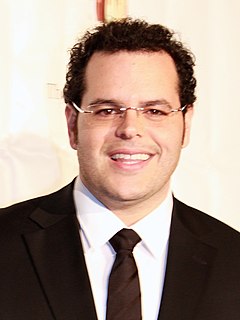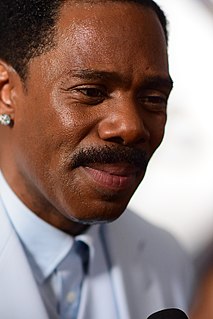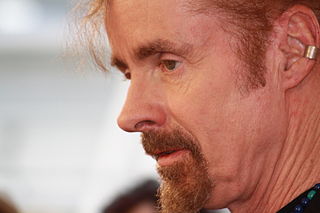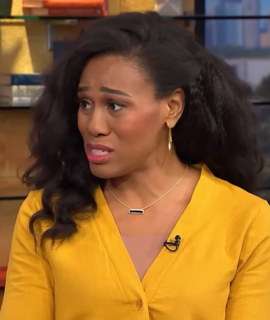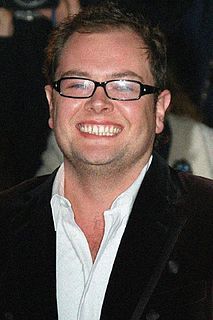A Quote by Moshe Kasher
There were some particular themes that I knew I wanted to hit, and when I got deeper into the project I found that it was becoming serious in and on its own. By the end, it's not very funny at all. I think, now, that part of the power of the book is that the jokes are kind of sparkly distractions.
Related Quotes
I knew what I wanted to do when I set out. I knew that I wanted to write a book that told the story, obviously. I wanted it be comedy first, because I felt like there already had been childhood druggy stories that were very serious, and I felt that the unique thing here was that I was a comic and I could tell the story with some levity, and I have been laughing at these stories my whole life.
I just do little jokes all the time and people think I'm serious. I know exactly who Gordon Ramsay is, I know exactly who Gordon Brown is... I just say jokes but they think I'm serious which I think is funny and I think I kind of play up the image sometimes because - whatever - it's just entertainment.
Most of the jokes that I wrote were funny and there always seems to be an aspect of comedy in my long-form work. I think that's how life is. I think even the more dramatic moments of one's life are often punctuated by very funny comments or situations. I like to say, "Keep your comedy serious and your drama funny, and you'll be pretty true to life."
When we signed with Warner Bros., they knew what they were getting. They knew they weren't going to get some easily manipulated prepackaged pop group. That was not going to happen. What they wanted, I think, was the integrity that we had to offer. What they wanted was the kind of street cred or cache that R.E.M. could bring to them and the chance that we would give them a hit or two. What happened was we gave them a bunch of hits. And we became huge.
I never really approach any project or story thinking of themes first or what a certain character 'represents.' Maybe other writers do, but for me, it just starts with the characters and a certain emotion I want to convey. It usually isn't until I get deeper into a book and look back a bit that I start to see the themes, etc.
Working with Chaplin was very amusing and strange. His films are so funny, but working with him, I found him to be a very serious man. Whereas the films of Hitchcock are macabre, he could be a very funny man to work with, always telling jokes and holding court. Of course, when I worked with Charlie he was getting older.
It's just my natural way - to be funny. I don't know why that is. But as I've said, humor is a quick cover for shock, horror, confusion. The critics hate funny writers for the most part. They think funny is not serious, but I think that funny can be even more serious than nonfunny. And it can be more affecting, too.
I wrote the poems in Charms Against Lightning one by one, over almost a decade, and I did not write them toward any theme or narrative. But once I really got serious about putting together a book, I began to see that in fact there were themes across the poems, if only because my own obsessions had brought me back time and again to the same ground. I realized that any ordering of the poems would determine how those themes developed over the manuscript, and how the collection's dramatic conflicts were resolved.






